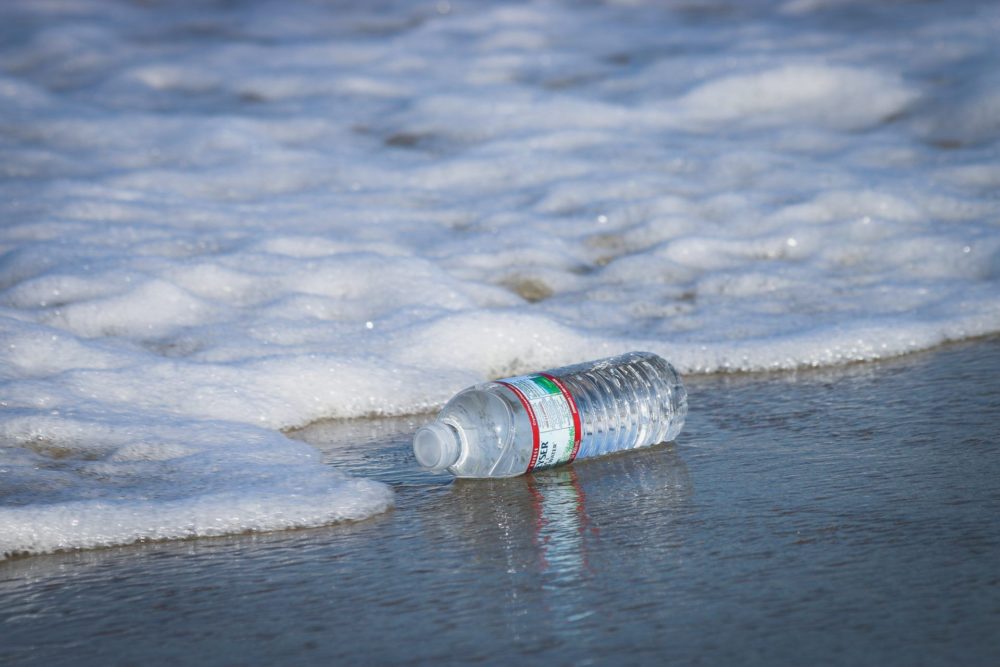Editor’s note: Duane Cantrell is managing partner and CEO at Fulcrum Global Capital, an agtech-focused VC firm based in Shawnee, Kansas, US. The views expressed in this article are the author’s own, and do not necessarily represent those of AFN.
Plant-based protein companies in the US received $747 million in venture capital investment in 2019, according to the Good Food Institute; in the first quarter of 2020 alone, they received an eye-popping $741 million. The alt-protein market is exploding with interest as technology collides with larger trends like the eco-conscious consumer and Covid-related supply chain challenges in meat, poultry, and dairy.
And yet, there’s a market that is likewise catching a wave and is just as attractive in terms of the size of the prize, the scale of the problem, and its outsized potential for positive environmental impact: bioplastics.
We’ve heard for decades about the environmental problems associated with petroleum-based plastic products, particularly single-use packaging like we find in the food industry. To minimize these problems, the burden of responsibility was put on consumers with the mantra ‘reduce, reuse, recycle.’
But the prevalence of single-use plastics has grown 5x since 1980, while we recycle a mere 5% of them. Those numbers tell us that the environmental impact of plastic is an unsolved problem.
At Fulcrum Global Capital, one of our bets in bioplastics is Green Dot Bioplastics, a company that has developed the first cost-effective marine biodegradable plastic. Mark Remmert, CEO at Green Dot Bioplastics, says there are four reasons “reduce, reuse, recycle” failed:
-
- Plastics are not endlessly recyclable. Most of the materials break down after being heated two or three times.
- Plastics are not simply ‘plastics’. There are thousands of types of plastic that must be sorted correctly in order to be recycled effectively.
- Contaminated plastics are extremely difficult to recycle. Any plastic used in foodservice, food packaging, fast food, for institutional or commercial use, or for restaurant service is contaminated with food and human contact. Outdoor applications like mulch film or lawn and garden packaging are contaminated with soil. These are examples of plastics that are nearly impossible to recycle and, in some cases, prohibited from the recycle streams.
- Recycling of traditional petrochemical plastics does not address greenhouse gas emissions and associated global warming.
These reasons explain findings by researchers at the circular economy-focused Ellen MacArthur Foundation:
-
- New plastics will consume 20% of all oil production within 35 years, up from an estimated 5% today.
- Plastics production has increased 20x since 1964, reaching 311 million tonnes in 2014. It is expected to double again in the next 20 years and almost quadruple by 2050.
- Despite the growing demand, just 5% of plastics are recycled effectively, while 40% end up in landfill and a third in fragile ecosystems such as the world’s oceans.
- Every year at least 8 million tonnes of plastics leak into the ocean. This is equivalent to dumping the contents of one garbage truck into the ocean every minute. If no action is taken, this is expected to increase to two garbage trucks’-worth per minute by 2030 and four per minute by 2050.
- In a business-as-usual scenario, the ocean is expected to contain one tonne of plastic for every three tonnes of fish by 2025, and by 2050, more plastics than fish by weight.
‘Meatless Mondays’ was a largely ineffective tool to reduce animal protein consumption, leaving alt-protein startups to develop products that don’t require consumers to compromise on taste, cost, and nutrition.
In much the same way, ‘reduce, reuse, recycle’ has left bioplastics companies racing to produce single-use products that don’t compromise on cost or function, while reducing the environmental footprint.
Ultimately, the only way to reduce the rate of plastics going to landfills is to make it economical for packaging manufacturers to shift from petroleum-based plastics to plant-based bioplastics that will degrade. This will shift the burden from consumers — and expecting them to recycle or avoid single-use packaging — to manufacturers, who will be expected to offer products that are good for the consumer and the planet.
Food companies and brands must lead the way to sustainable packaging, which is why major brands from McDonald’s to Starbucks are making bold commitments to find solutions. Their customers care about this issue and the major brands are in a position to use their scale to move the needle in a high-impact way.
As consumers hold food companies to a higher standard by demanding sustainable packaging, plastics manufacturers are turning to bioplastics innovators for answers. Keep an eye on this space – there’s an ocean of impact to be made.





